Combating climate change via carbon credits | Autocar Professional
Baua Electric
MARCH 23, 2024
In today’s world, climate change is a reality we have to contend with and among the various measures undertaken to combat it, carbon credits can prove to be an effective solution. Weaving a new framework in the climate space, carbon credits incentivize sustainable practices by assigning a financial value to reductions in GHG emissions.



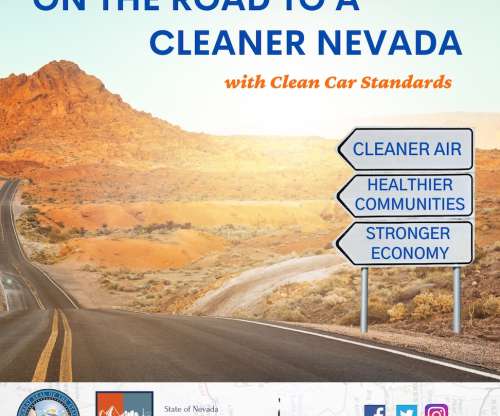



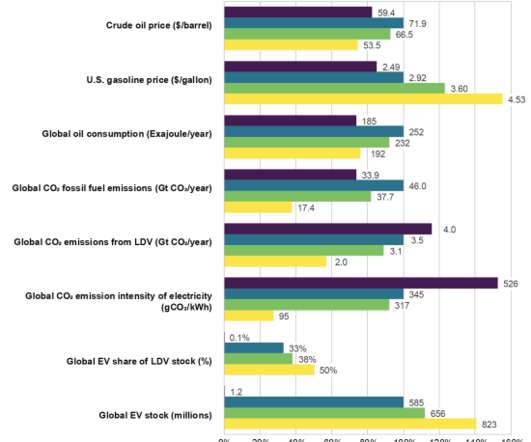




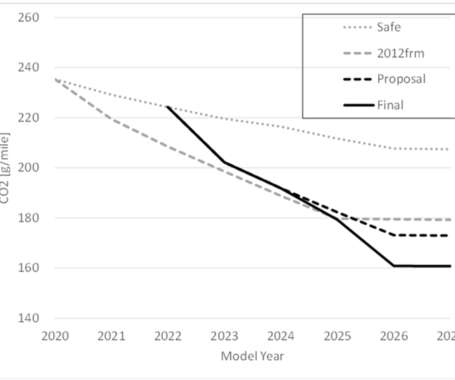



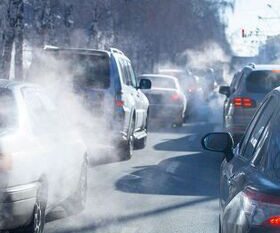


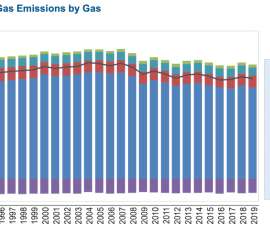







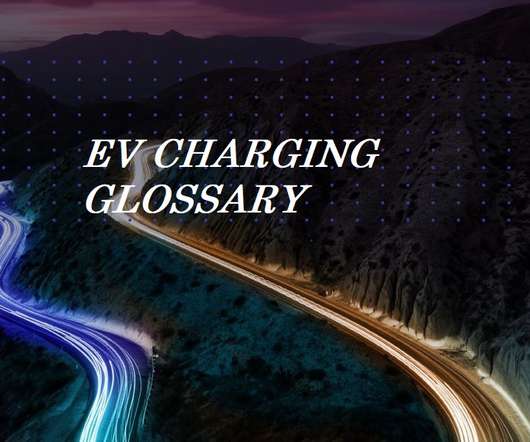





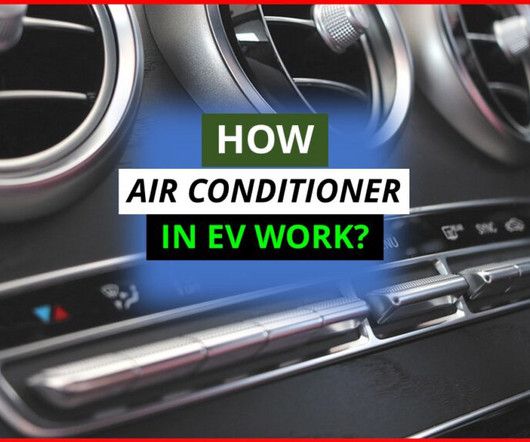








Let's personalize your content